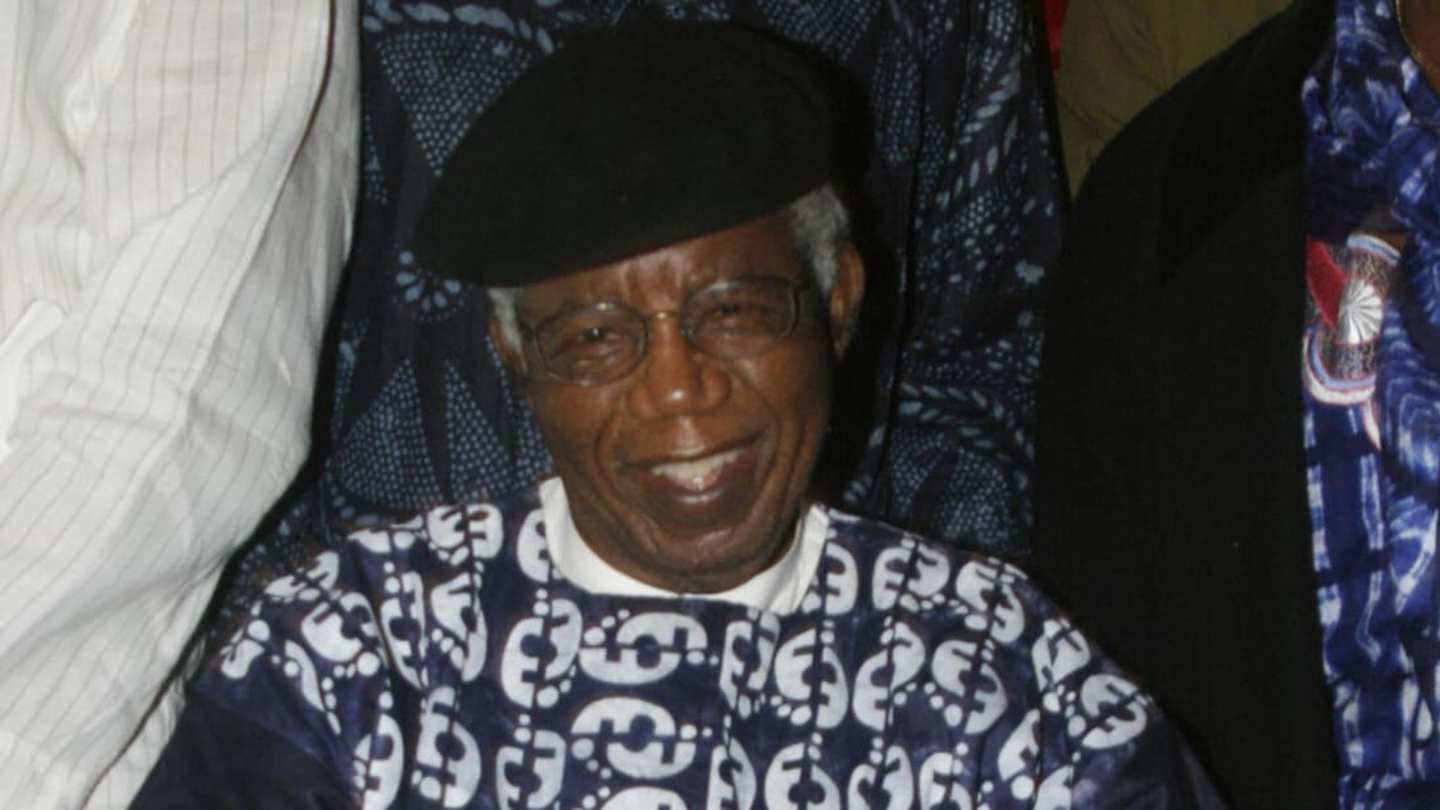Chinua Achebe’s name resonates deeply within the literary world, especially for those interested in African literature. He is widely recognized as the “father of African literature,” a title bestowed upon him for his groundbreaking contributions to storytelling that shed light on the complexities and richness of African cultures. His works not only captivated readers worldwide but also played a pivotal role in shaping perceptions of Africa Beyond Colonial Narratives.
Achebe’S Journey, however, began far from the world of letters. Born on November 16, 1930, in Nigeria, he initially aspired to pursue medicine. However, his path took an unexpected turn when his passion for writing blossomed. Inspired by Joyce Cary’s novel Mister Johnson, Achebe felt a profound calling to tell authentic African stories, believing that true writing stemmed not from technical instruction but from lived experiences. This conviction fueled his literary pursuits and led him to become one of the most influential voices in 20th-Century Literature.
His debut novel, Things Fall Apart, published in 1958, Catapulted Him To International Acclaim. This powerful story, set amidst the clash of traditional Igbo culture and British colonialism, offered a nuanced portrayal of societal upheaval and its impact on individuals. The novel’s enduring legacy has cemented Achebe’s place as a literary giant, with Things Fall Apart Selling Over 10 million copies and being translated into 50 languages. His life and work continue to inspire writers and readers alike, reminding us of the power of Literature To Bridge Cultures, Challenge Perspectives, and illuminate the human experience.
Achebe’s Early Life and Literary Passion
Chinua Achebe’s early life was deeply rooted in the vibrant culture of his Igbo homeland in Nigeria. Born into a family with strong Christian and traditional beliefs, he spent his childhood immersed in storytelling, proverbs, and oral traditions that would later Shape His Writing. His education began at a local Mission School, where he excelled academically and developed a love for reading.
However, Achebe’s path to becoming the celebrated Author We Know Today wasn’T Immediately Clear. While initially drawn to medicine, his fascination with literature blossomed during his time at University College Ibadan. He discovered a passion for crafting stories that reflected the realities of African life, challenging colonial narratives and giving voice To Untold Experiences. This realization led him to pursue English literature with fervor, laying the foundation for his groundbreaking Literary Career.
His early influences were diverse and impactful. He was inspired by the works of Western authors like Shakespeare and Dickens but also found profound inspiration in traditional African storytelling and the rich oral histories passed down through generations. This unique blend of influences would become a defining characteristic of Chinua Achebe interesting facts About His Writing, allowing him to create truly compelling narratives that resonated with readers worldwide.
The Influence of Joyce Cary
Joyce Cary’s novel Mister Johnson profoundly impacted Chinua Achebe’s Literary Journey, serving as a pivotal turning point in his decision to pursue writing as a means of authentically representing African experiences. While Cary’s novel offered a glimpse into colonial Nigeria through the lens of a fictional Igbo protagonist, Achebe recognized both its strengths and limitations. He admired Cary’s ability to capture the nuances of Nigerian society but felt that the narrative lacked a truly African voice and perspective.
This realization sparked within Achebe a burning desire to tell his own stories, drawing inspiration from his cultural heritage and lived experiences. He believed that writing about Africa should be done by Africans themselves, ensuring that narratives reflected the complexities, richness, and diversity of the continent. Cary’s work inadvertently served as a catalyst for Achebe’s Literary Ambition, prompting him to challenge existing representations and pave the way for a new generation of African writers.
Achebe’s engagement with Mister Johnson demonstrates his critical thinking and desire to push beyond established literary boundaries. He saw the potential in Cary’s work while also recognizing its shortcomings, ultimately using it as a springboard to forge his own distinctive path and contribute to the burgeoning field of African literature.
 Fun Facts About the 90s: A Decade of Change and Icons
Fun Facts About the 90s: A Decade of Change and IconsThings Fall Apart: A Literary Masterpiece
Things Fall Apart, published in 1958, stands as a monumental achievement in African literature, catapulting Chinua Achebe to international acclaim and solidifying his position as the “father of African literature.” The novel tells the poignant story of Okonkwo, an influential Igbo warrior struggling to maintain his traditional values amidst the encroaching influence of British colonialism.
Achebe masterfully portrays the clash of cultures, the disintegration of traditional societies, and the profound impact of colonialism on individual lives. Through intricate storytelling and richly drawn characters, he unveils the complexities of Igbo customs, beliefs, and societal structures, offering a glimpse into a vibrant world on the brink of transformation. The novel’s universal themes of family, duty, masculinity, and societal upheaval resonate deeply with readers across cultures and generations.
Things Fall Apart became an instant bestseller, Selling Over 10 million copies and being translated into 50 languages. Its impact extends far beyond its Literary Merit, Sparking Crucial Conversations About Colonialism, Cultural Identity, and the representation of Africa in Global Literature. It remains a seminal work, inspiring countless writers and readers to explore the complexities of human experience through the lens of diverse cultures and histories.
Impact and Legacy of Chinua Achebe
Chinua Achebe’s literary legacy extends far beyond the pages of his novels; he left an indelible mark on the world of literature and beyond. His groundbreaking works challenged colonial narratives, gave voice to African experiences, and paved the way for a new generation of writers from diverse backgrounds. Things Fall Apart, in particular, became a touchstone for understanding the complexities of colonialism and its lasting impact on societies worldwide.
Achebe’s influence transcended the literary sphere, sparking crucial conversations about cultural identity, representation, and the importance of diverse voices in global storytelling. He inspired countless writers, scholars, and activists to challenge established norms and advocate for social justice. His commitment to truth, authenticity, and the power of storytelling continues to resonate with readers today, reminding us of the enduring impact of literature in shaping our understanding of the world.
Achebe’s legacy is a testament to the transformative power of words. He not only wrote compelling stories but also used his platform to advocate for greater understanding and representation of African cultures. His work continues to inspire, challenge, and empower readers worldwide, solidifying his place as a literary giant whose impact will be felt for generations to come.
Telling Authentic African Stories
For Chinua Achebe, writing wasn’t merely a craft; it was a deeply personal mission to tell authentic African stories that challenged existing narratives and gave voice to the continent’s rich and diverse experiences. He believed that true representation could Only Come From Within, urging fellow Africans to take ownership of their own narratives and share them with the world.
Achebe felt strongly that Africa had been largely misrepresented in Western literature, often portrayed through a lens of poverty, conflict, and exoticism. He sought to counter these stereotypes by showcasing the complexity, beauty, and resilience of African cultures. His works delved into traditional beliefs, Societal Structures, Family Dynamics, and the human condition within the context of a rapidly changing world.
By centering African voices and perspectives, Achebe empowered generations of readers to see Africa through new eyes—eyes that recognized its profound history, Vibrant Traditions, and enduring spirit. He helped bridge cultural divides and fostered greater understanding between different peoples through the shared power of storytelling.










